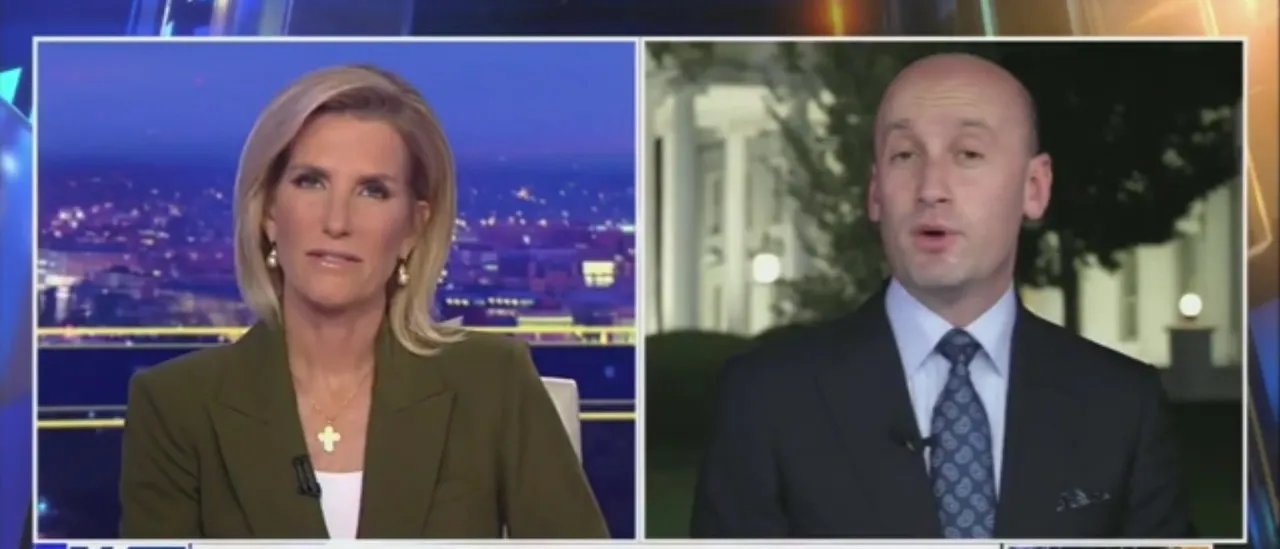Alabama’s New Hemp Law Sparks Controversy
Republicans in the Alabama Legislature must feeling a sense of accomplishment today. They’ve not only shuttered numerous small businesses and sacrificed thousands of jobs, but they’ve also made headlines with a recent arrest: a woman in Athens was charged for possessing smokeable hemp products under the state’s newly established anti-hemp laws. This incident marks the debut arrest under what many see as a puzzling law, and it’s hard not to imagine cheers echoing through the state Capitol.
This is exactly what they aimed for. A law steeped in panic, misinformation, and moral posturing has claimed its first victim. Who will be next? Perhaps a veteran with PTSD using CBD to sleep, or a mother seeking relief from anxiety. And don’t forget the family dog with arthritis who finally managed to climb the stairs again.
All of this is supposedly in the name of “protecting children.”
Let’s be real—House Bill 445 doesn’t actually protect anyone. It’s more about control. It gives politicians, like Representative Andy Whitt, something to boast about during the next election. The fear-mongering surrounding this so-called dangerous product mirrors what Congress did not long ago.
So, which narrative are we going with? Is hemp an innovative agricultural product and helpful treatment option? Or has it become the fictitious villain in the Bible Belt?
The reality is that these products weren’t being sold through legal loopholes. They underwent lab testing and complied with regulations and taxes. Consumers knew what they were purchasing, and businesses were following the law. Meanwhile, real people in Alabama found some measure of relief.
Now, with just a few strokes of a pen and an influx of anti-science fear, thousands of Alabamians are branded as criminals.
The situation in Athens isn’t justice; it’s a blatant warning.
This reflects a government more focused on punishment than on constructive policy. As lawmakers congratulate themselves, what they’ve truly done is sow chaos, fear, and economic turmoil. Law enforcement has publicly stated they don’t support this law, but in a political climate where anger garners more votes than reason, logic barely gets a chance.
Let’s call this what it is: HB 445 represents moral panic in search of scapegoats. And now, there’s one.
This scenario is painfully reminiscent of a time nearly a century ago when alcohol was banned amid a wave of moral fervor. The intent was to protect society, uphold values, and suppress vice. In reality, it just birthed an unregulated black market, empowered crime syndicates, and turned ordinary citizens into lawbreakers—all contributing to what is now considered one of the most disastrous policy experiments in American history.
Yet here we are again. Instead of illegal moonshine in a Mason jar, it’s legal hemp pre-rolls bought from compliant retailers.
Are you proud of this, Mr. Whitt?
Do you feel victorious knowing you’ve disrupted the lives of women who were compliant with state laws just weeks ago? Perhaps you and your colleagues should take a moment to display her mugshot next to your latest unemployment statistics.
This is the cost of performative politics.
Regulation was possible. Reasonable boundaries could have been established. You could have listened to healthcare providers, veterans, farmers, and law enforcement. Instead, we criminalized a growing industry, dismantled livelihoods, and once again made Alabama the subject of ridicule.
So, one woman has been arrested. Thousands of jobs are lost. And in the end, one child is actually less safe. But for the cultural warriors in Montgomery, claiming a victory is all that counts.
What happens if the next person arrested is a cancer patient? Or a grandmother managing chronic arthritis? What about a veteran using legal hemp to fend off nightmares?
Will they be just another trophy for your collection?
HB 445 isn’t just a poor policy choice. It represents a betrayal of those to whom lawmakers profess to be accountable. If justice still exists in this state, it should be measured through responsibility rather than arrests.
No matter how many lives are sacrificed, one thing is certain: it doesn’t justify chasing ghosts.







